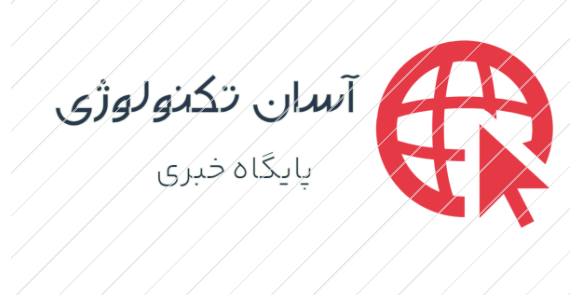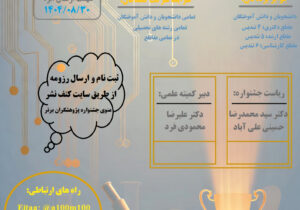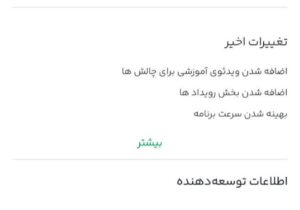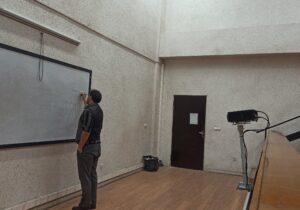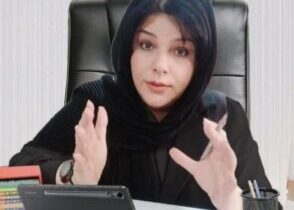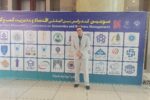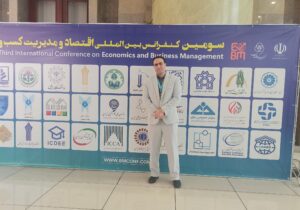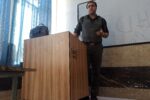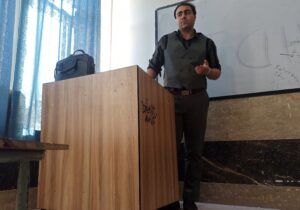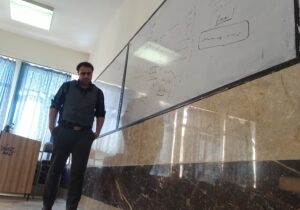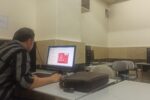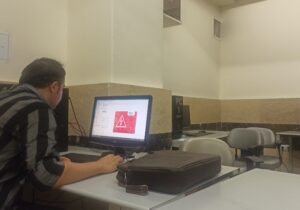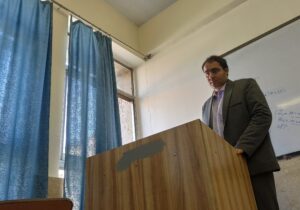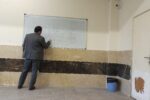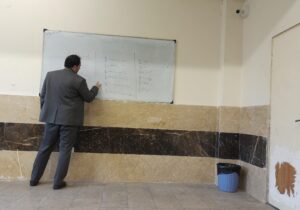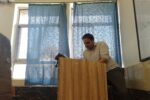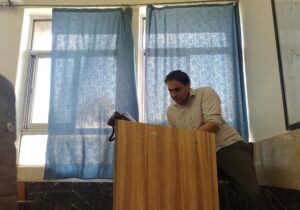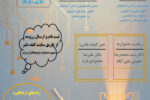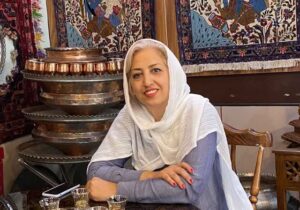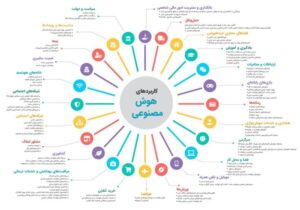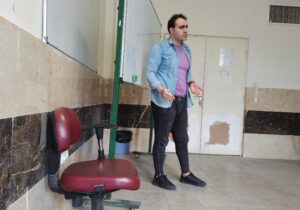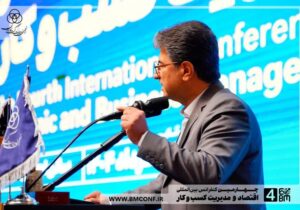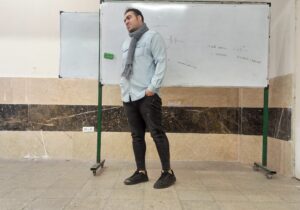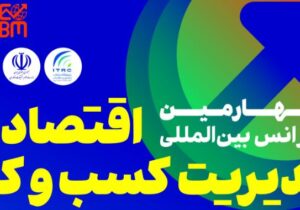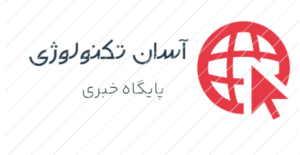Asan Technology | Research and Development (RD) has emerged as a critical focus for both small and large enterprises globally over recent decades, encompassing both the manufacturing of goods and the provision of services. The positive outcomes and achievements associated with RD underscore its potential to foster growth and prosperity at organizational, regional, national, and […]
Asan Technology | Research and Development (RD) has emerged as a critical focus for both small and large enterprises globally over recent decades, encompassing both the manufacturing of goods and the provision of services. The positive outcomes and achievements associated with RD underscore its potential to foster growth and prosperity at organizational, regional, national, and even international levels.
Despite its significance, the concept of RD remains largely ambiguous and underappreciated among organizational leaders in Iran. Unfortunately, many decision-makers fail to recognize the necessity of investing in RD, often perceiving such expenditures as wasteful rather than as vital investments for current and future success. This misconception hinders the advancement of many economic entities, particularly in the production and service sectors, where a substantial number lack dedicated RD units entirely. Those organizations that have established RD departments often struggle to derive meaningful benefits from them, resulting in subpar outcomes that can transform these units into mere repositories for underperforming personnel.
It is essential to clarify that the shortcomings observed in RD should not diminish its inherent value. Instead, these deficiencies are often rooted in various factors, including misinterpretations of development, lack of clarity regarding unit responsibilities, unrealistic expectations for immediate results, insufficient collaboration with other departments, inadequate training for RD personnel, and a general lack of awareness regarding effective operational initiation.
In today’s rapidly evolving landscape of scientific and technological advancements, there is an urgent need for organizations to establish mechanisms that facilitate effective utilization of contemporary knowledge. This need has prompted many national and international organizations to prioritize the establishment of RD units and think tanks. The imperative for RD is centered on identifying existing potentials and overcoming obstacles through interdepartmental synergy—an objective that contemporary organizational leaders are increasingly pursuing by establishing specialized RD units. These units are tasked with creating conducive environments for knowledge acquisition and application, ultimately aimed at minimizing organizational waste and maximizing existing capacities through knowledge-driven and specialized committee meetings.
It is noteworthy that many organizational personnel still confine the responsibilities of RD to product-related tasks. However, the primary functions encompass a broader scope, including analyzing the current organizational status within the industry, identifying gaps in knowledge and technology, recognizing current and future opportunities and threats, exploring avenues for entering new markets, and retaining existing customers.
In developing countries like Iran, RD units play a crucial extramural role, potentially steering the industry towards enhanced economic indicators while capturing larger market shares in regional and international arenas. Researchers in this domain must possess a comprehensive understanding of the prevailing conditions within the country as well as target nations concerning economics, culture, preferences, regulations, and more. This knowledge enables them to devise suitable roadmaps that account for various scenarios; should one scenario falter, an alternative can be promptly activated.
By identifying contemporary knowledge and facilitating its integration into domestic contexts, these units enhance the innovation levels and technological capabilities of organizations and industries. This enhancement leads to improved quality and competitiveness, resulting in heightened satisfaction among both current and potential customers—both domestically and internationally—and ultimately contributing to significant foreign currency inflows for the nation.
Dr. Melika Molk Ara
Economic Activist and Business Strategist
